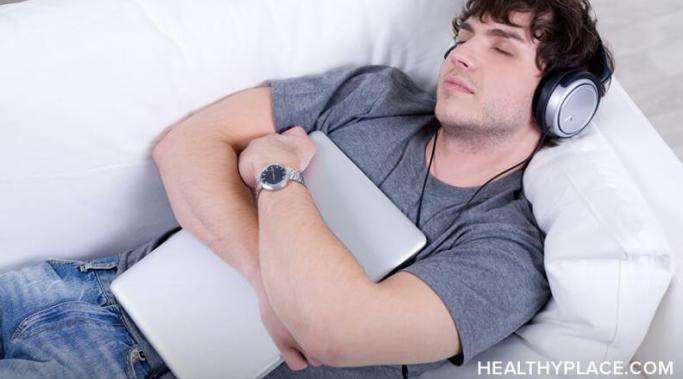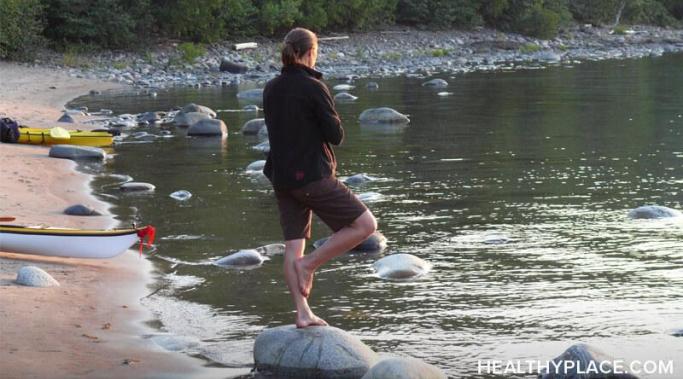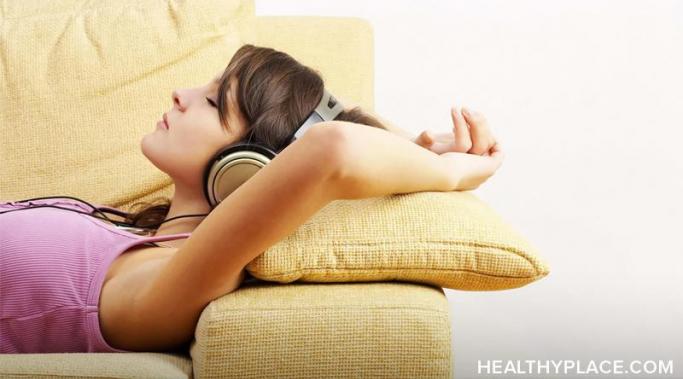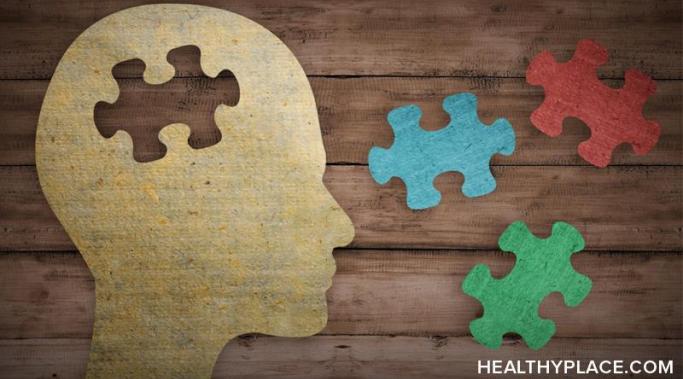Anxiety and laziness seem unseemly because social pressure tells us it’s not okay to be lazy -- or anxious. We tend to value productivity and activity – if we don’t get as much out of the day as we can, we can be looked down upon. However, anxiety and laziness can go together, and it's okay to be lazy when you're anxious.
Anxiety Videos – Anxiety Schmanxiety
I try to visit my childhood home, my peaceful sanctuary, at least once every few weeks. I’ve fallen behind on those visits recently, due to working through the logistics of my anxiety-provoking move. With the move out of the way, last weekend I was able to visit my peaceful sanctuary for the first time in nearly two months.
Knowing how to make moving less stressful can make the difference between a touch of anxiety and an overwhelming amount of anxiety. Moving is a logistical nightmare. Finding a new place, getting all your stuff packed, hauling it out to your moving van –- it’s enough to drive any person to the brink of insanity. But for those of us with anxiety, it can be a seemingly impossible task.
Explaining anxiety isn't an easy feat. As someone who studied English literature in school, I often turn to poetry to help me gain perspective. The great poets have been through the same struggles we have, and their work is an invaluable testimony of those struggles.
Is it time to rethink anxiety and its purpose or meaning in your life? What is your current perspective on anxiety? Beyond that, what is your relationship with your anxiety? When we live with anxiety or an anxiety disorder, it’s quite normal to struggle against it and fight, argue, and curse it—all in an attempt to make the anxiety go away. From this perspective, anxiety can be an abusive bully or a prison guard. Viewing anxiety this way leads to thoughts and emotions that are rooted in anger, resentment, and other negative reactions that affect your actions. Here's an exercise to help you rethink anxiety and do wonders for how you feel and live your life.
I’m frequently asked about my favorite anxiety-reduction techniques. On one hand, choosing approaches to overcoming anxiety is difficult because there are so many different tools and techniques. Also, each and every one of us is a distinct individual and our experience with anxiety is unique. That said, I do, indeed, have favorite anxiety-reduction techniques. Here’s a look at my favorites and why I love them.
Wouldn't you love an anxiety-free day? Is that even possible? While living fully free from anxiety isn’t humanly possible (or even desirable, as anxiety can be a positive force), we all do have the power to make our days less about anxiety and more about mental health and wellbeing. To borrow from solution-focused therapy, what would your day be like if anxiety weren’t a problem? What would you put in its place? How would you live and thrive today without anxiety in the way? Thinking about those answers, let's create your anxiety-free day.
Anxiety while driving is commonplace for me. Due to generalized anxiety disorder (GAD), my brain magnifies my anxiety while driving. Even driving to a nearby store turns into a worst-case scenario in my mind’s eye. Some of this anxiety seems reasonable. Other fears involve driving activities that don’t distress the average person. When I drive, there is a specific driving anxiety I can’t conquer. I have a fear of getting into a car accident while making left turns in traffic.
True or false: Anxiety is a real mental illness? That is a bit of an irritating question, isn’t it? For one thing, it’s a true-or-false question, and those are inherently obnoxious. I’ve never been a black-and-white thinker, and from kindergarten through graduate school, I struggled with true-or-false questions because I couldn’t see absolutes. Things haven’t changed for me in this regard. Regarding the statement "anxiety is a real mental illness," I can see that the statement is both true and false. I realize that this is a vague and probably unsatisfactory answer to a hotly debated topic. Here’s a look at that question and its answer (or lack thereof).
If you increase your uncertainty intolerance, your anxiety level will decrease. Facing uncertainty—not knowing what is going to happen in your life on both big and small scales—can cause or increase anxiety. Being really uncomfortable with uncertainty, officially called uncertainty intolerance (and sometimes referred to as fear of the unknown), is common in people living with anxiety. If you find yourself worried, anxious, and stressed when you can’t predict what’s going to happen, here’s a helpful certainty: you can do something about this type of anxiety and increase your uncertainty intolerance, and overall mental health, in the process.









